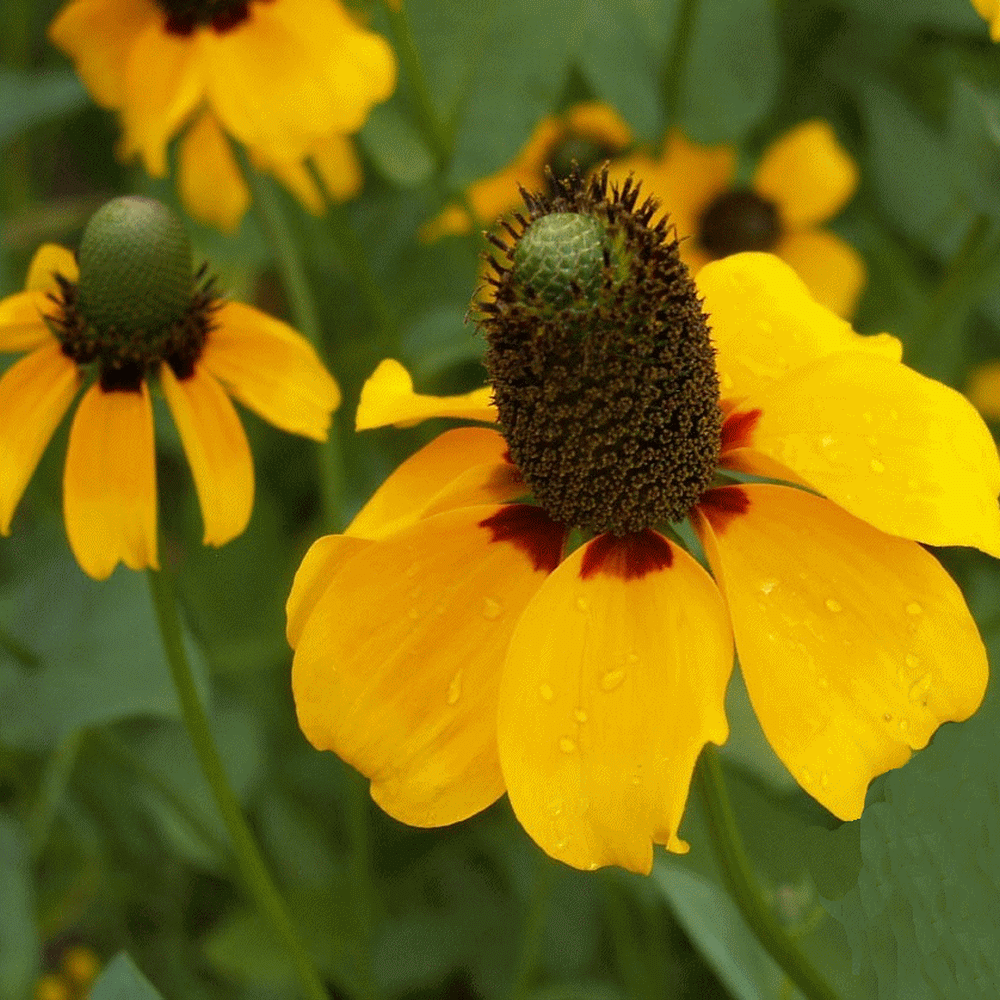Visit The Nursery
Did you know we're open to the public? Come and shop our expansive collection of natives in person and say "hi" to the butterflies while you're here.



Customers Also Liked..
Out of stock


Native Gardeners
Rudbeckia 'Denver Daisy'
From$6.50
Out of stock


Native Gardeners
Black-eyed Susan
From$6.50
Out of stock


Native Gardeners
Black-eyed Susan Goldsturm
$17.00
Out of stock


Native Gardeners
Cutleaf Coneflower
From$6.50
Out of stock


Native Gardeners
Giant Coneflower
From$6.50
Out of stock

Native Gardeners
Red Ombre Coneflower
From$6.50








